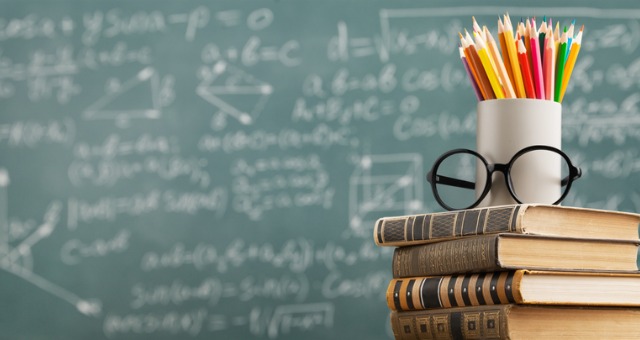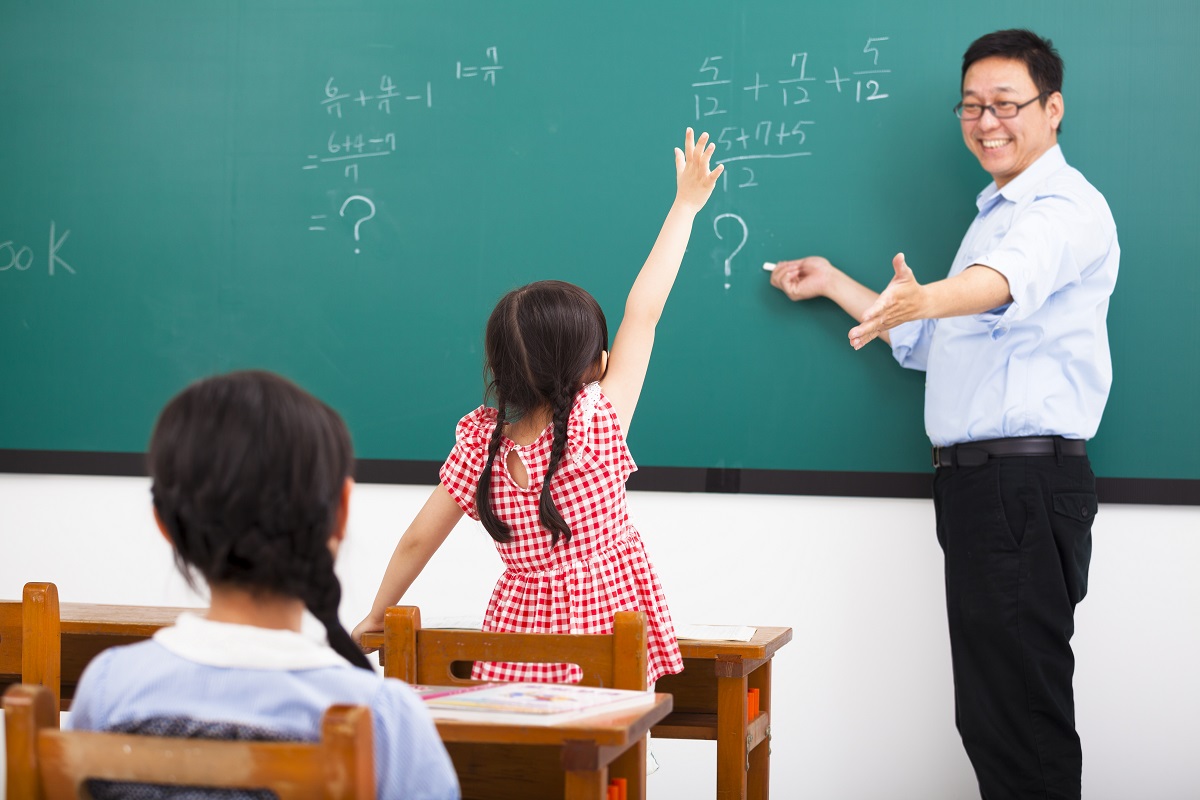Discovering the Various Teaching Methods in Key Scientific Research Education Today
Inquiry-based discovering, hands-on experiments, and the assimilation of technology are redefining exactly how educators involve young minds. Additionally, joint approaches and separated instruction are being used to provide to the diverse needs of pupils, boosting both interaction and understanding.
Inquiry-Based Knowing
Inquiry-Based Knowing (IBL) is a pedagogical technique that encourages students to explore clinical concepts through doubting, examination, and hands-on experimentation. This approach highlights the role of pupils as active individuals in their understanding, promoting important reasoning and problem-solving abilities. By involving with real-world concerns, pupils become curious and determined, which boosts their understanding of scientific principles.
In IBL, instructors work as facilitators, leading students as they browse their questions instead of supplying information directly. This student-centered approach permits for differentiation, fitting numerous finding out paces and styles. Students establish abilities in developing hypotheses, making experiments, and evaluating data, which are crucial for scientific literacy.
Furthermore, IBL promotes partnership amongst trainees, urging them to share searchings for and concepts. This cumulative query promotes social skills and a sense of community within the class. In addition, the process of query encourages durability, as trainees find out to accept failure as a stepping rock towards understanding.
Hands-On Experiments
Hands-on experiments are an essential element of efficient scientific research education and learning, enhancing the principles of inquiry-based learning. These experiments allow students to involve straight with scientific ideas, promoting a deeper understanding with experiential understanding. By adjusting products and observing results, young students can realize abstract concepts in substantial ways.
Such tasks promote critical reasoning and analytical skills, as trainees assume outcomes, conduct experiments, and examine results. This procedure urges them to ask concerns, refine their understanding, and create a scientific state of mind. Moreover, hands-on experiments can be customized to varied learning designs, guaranteeing that all trainees have the opportunity to involve meaningfully with the material.
Moreover, hands-on experiments frequently urge collaboration among peers, advertising synergy and communication skills. Operating in teams allows pupils to share ideas, go over searchings for, and find out from one another, which enhances their overall educational experience.
Including hands-on experiments into the primary scientific research educational program not only enriches the discovering environment yet also cultivates a lifelong rate of interest in science. By actively taking part in their education and learning, students are more probable to establish an interest for scientific inquiry that prolongs past the class.

Innovation Assimilation
Incorporating modern technology into main science education and learning has actually ended up being progressively important in promoting pupil engagement and enhancing discovering outcomes. Making use of electronic tools, such as interactive simulations, digital laboratories, and academic software application, provides trainees with opportunities to discover scientific concepts in innovative ways. These sources help with a deeper understanding of complex subjects by enabling students to visualize and manipulate variables that would certainly be unwise in a conventional class setup.
Furthermore, technology integration encourages customized learning experiences. Pupils can advance at their very own rate, reviewing tough principles through multimedia resources, which cater to various understanding designs. This flexibility not only sustains private development however also cultivates a sense of autonomy in students.
In addition, modern technology serves as a bridge to real-world scientific research, connecting students with present research study and specialist contributions. Accessibility to on-line data sources and scientific journals expands students' perspectives on clinical questions and promotes important believing skills.
Collaborative Understanding
Joint understanding plays an essential duty in key science education by fostering synergy and communication skills amongst trainees. This technique encourages learners to interact, share knowledge, and involve in problem-solving, which boosts their understanding of scientific ideas. By participating in team tasks, students discover to verbalize their concepts, pay attention to diverse point of views, and negotiate services, all of which are necessary abilities in both real-world and academic contexts.

Research study shows that collaborative learning can result in enhanced inspiration and engagement in science topics, as students locate enjoyment in shared experiences (primary science tuition Singapore). Additionally, this method prepares pupils for future collaborative endeavors, equipping them with the skills essential for efficient team effort in college and more expert settings. Eventually, welcoming collaborative discovering in main science education and learning can substantially enhance the knowing experience and advertise a much deeper understanding of clinical questions
Separated Instruction

Separated direction can manifest in numerous means, such as varying the content, processes, or items of discovering. Educators might use tiered tasks that provide varying levels of intricacy, enabling trainees to work at their particular preparedness levels. Furthermore, versatile organizing techniques can facilitate collaboration among trainees with various capacities, fostering peer knowing.
Analysis plays a vital duty in this method, as it educates instruction and assists educators recognize each pupil's unique demands. Formative evaluations, such as monitorings and tests, can assist educators in changing their techniques to boost learning outcomes. primary science tuition Singapore. Eventually, by carrying out separated direction in main science education, educators can grow an extra equitable and efficient knowing atmosphere, empowering all trainees to reach their full possibility in recognizing clinical phenomena
Final Thought
In summary, the diverse teaching techniques in key scientific research education, including inquiry-based learning, hands-on experiments, innovation assimilation, collective knowing, and separated direction, collectively add to an extra effective discovering atmosphere. These approaches advertise vital thinking, problem-solving abilities, and a deeper understanding of clinical principles. By executing these methods, teachers can produce supportive and engaging classrooms that attend to the diverse demands of pupils, ultimately cultivating a lifelong passion in scientific research and enhancing academic achievement.
Inquiry-Based Learning (IBL) is a pedagogical method that motivates students to explore scientific principles via wondering about, investigation, and hands-on trial and error.Joint knowing plays an important role in main scientific research education by promoting synergy and communication skills amongst students.Study shows that collaborative learning can lead check my source to raised inspiration and engagement in science subjects, as students locate satisfaction in shared experiences.In cultivating a comprehensive knowing setting, differentiated direction arises as an essential method to fit the diverse requirements and abilities of trainees in key scientific research education. Inevitably, by executing distinguished instruction in key scientific research education and learning, educators can grow a more equitable and effective knowing environment, equipping all pupils to reach their complete potential in understanding scientific phenomena.